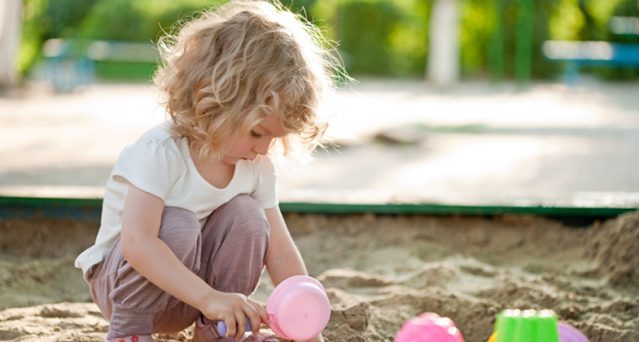Language learning specially for children
While our language learning process was created specifically for small children in mind, it works for all ages. What makes it unique for kids is that it's picture based, not text-based. Therefore, it is not a prerequisite for your child to know how to read and write in English before they can learn the language of your/their choice.
In addition, some language programs focus on confirming pronunciation by speaking into a tool. Children's verbal skills are still developing and their pronunciation may not be accurately picked up on those programs. Instead, we focus on learning how to enunciate through different people saying the phrase and at different speeds. I found that different accents would make it difficult to understand how to say it, so I often seeing how to write it in order to properly say it. With small children, this concept doesn't work. So instead, I've created a way to have the word respoken by different people with different tones and a different speed of the word so that you can truly understand how to say it phonetically as well as how to say it naturally. Take English for example, if we want to say, "I'm gonna have lunch at noon", the proper way would be "I'm going to lunch at 12pm", but we more often hear it said "I'm gonna have lunch at noon". It's challenging to teach this, but it's also challenging to hear it said this way and fully understand that "gonna" is a more casual way of saying "going to". We do our best to take these nuances into consideration since they are the natural way of speaking a casual language and it will be easier to understand native speakers and how to speak more natively.
How to encourage language learning for kids
It can be difficult to hold a child's attention. Memorizing vocabulary can easily get boring and when kids lose interest, they often don't learn well. We've created a system that builds on what you learn so that it encourages children to want to get to the next step. When they've learned a new "theme" around kitchen for example, they will be rewarded with a video on what they've learned, with the reward being knowing what is being said. The accomplishment is the reward. As we further along their rewards, they will begin to learn new songs with their vocabulary, and they will graduate to more complex videos and songs.

